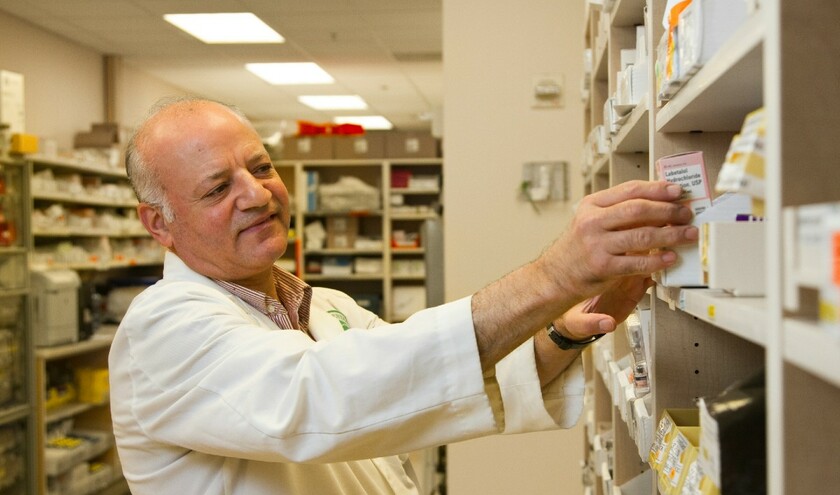The survey of 500 pharmacies by the National Pharmacy Association (NPA) reveals that:
- 100% of pharmacies surveyed said they were unable to dispense a prescription at least once a day due to supply problems.
- 95% of pharmacies reported that patients come to their pharmacy at least once a day to get medicines that they had failed to obtain elsewhere due to supply problems.
- 96% of pharmacies were unable to dispense a prescription at least once a day despite having a safe alternative formulation in stock. This is due to current legislation preventing pharmacists from making substitutions or even a change in strength if a medicine is not available.
Presently, if a medicine is unavailable in a pharmacy, the pharmacist is not permitted to make a substitution even if they have a safe alternative in stock, except in very limited circumstances where a Serious Shortage Protocol has been issued by the NHS.
The NPA is warning the current situation poses a risk to patient safety, with patients potentially going without vital medication, presenting a serious risk to their health.
The government recently rejected recommendations from the cross party Health and Care Select Committee for pharmacies to have greater flexibility to substitute medication to tackle growing numbers of shortages.
Nick Kaye, chair of the National Pharmacy Association, said: 'These are deeply concerning statistics which show that patients are potentially having to forgo vital medication due to shortages. Pharmacies are at the sharp end of medicines shortages and frequently have to turn away distressed, frustrated and sometimes angry patients.
'It is particularly frustrating for pharmacists to be unable to meet a clear need when they have a perfectly safe and effective solution in their pharmacy already. It is madness to send someone back to their GP and it risks a patient either delaying taking vital medication or forgoing it altogether, which poses a clear risk to patient safety.'
He added: 'We're pleased the government are taking steps to bring together manufacturers, wholesalers and pharmacies to try and tackle this issue. However, the government must look again at allowing pharmacists - who are highly trained health care practitioners – to use their professional judgment to supply an appropriate alternative when the prescribed version is unavailable.'



